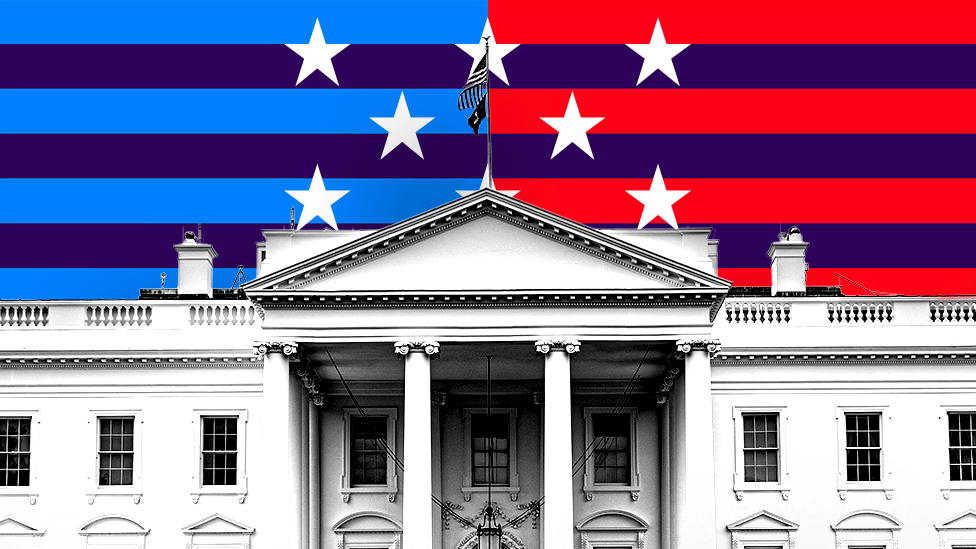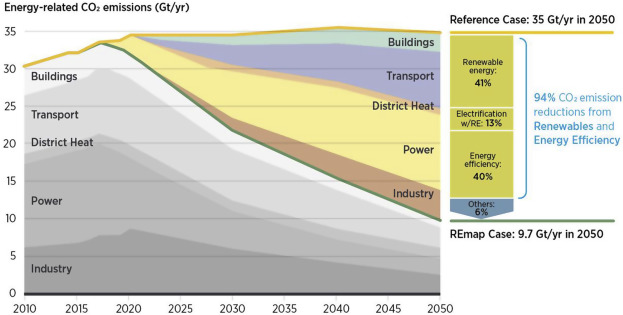As the 2024 presidential election draws near, the political landscape in the United States is more dynamic and contentious than ever. With a mix of seasoned politicians and fresh faces entering the fray, voters are being presented with a diverse array of choices. This article delves into the leading candidates, their platforms, and the key issues that are shaping the race.
The Front-Runners
Democratic Candidates
- Joe Biden: The incumbent president is seeking re-election, focusing on his administration’s achievements, including infrastructure improvements and economic recovery efforts. Biden aims to position himself as a steady hand in tumultuous times, emphasizing unity and stability.
- Marianne Williamson: The author and activist has gained traction with her progressive platform that includes proposals for universal healthcare and climate action. Williamson’s approach appeals to younger voters and those disenchanted with traditional politics.
Republican Candidates
- Donald Trump: The former president remains a dominant figure in the GOP. His campaign is built around the themes of “Make America Great Again” and a strong anti-establishment rhetoric. Trump continues to leverage his extensive base, focusing on issues like immigration reform and economic nationalism.
- Ron DeSantis: The Governor of Florida presents himself as a staunch conservative alternative to Trump. DeSantis has garnered attention for his controversial policies on education and public health, which resonate with the party’s right wing. His message emphasizes freedom and parental rights, particularly in the context of education.
- Nikki Haley: The former U.N. ambassador is carving out a niche as a moderate voice within the GOP. Haley’s focus on foreign policy and national security is intended to attract both traditional conservatives and independents. She advocates for a strong U.S. presence on the global stage, coupled with a pragmatic approach to domestic issues.
Key Issues Shaping the Race
As candidates lay out their platforms, several critical issues have emerged that are likely to influence voter sentiment in the lead-up to the election:
- Economy and Inflation: Economic stability is at the forefront of voters’ minds. With inflation remaining a pressing concern, candidates are proposing various strategies to address rising costs and promote job growth. Biden touts job creation numbers, while Republicans argue for tax cuts and deregulation as pathways to economic recovery.
- Healthcare: Access to affordable healthcare continues to be a divisive issue. Democrats are pushing for expanded healthcare access, with some candidates advocating for a Medicare-for-All system. In contrast, Republicans are emphasizing market-driven solutions and the need to control healthcare costs without government intervention.
- Climate Change: Environmental policies are gaining traction among voters, particularly younger demographics. Candidates like Williamson prioritize aggressive climate action, while others, including some Republicans, are more skeptical about stringent regulations. The debate centers around the balance between economic growth and environmental responsibility.
- Social Issues: Issues like abortion rights, LGBTQ+ rights, and racial justice are polarizing topics that candidates must navigate carefully. Democrats generally advocate for protections and reforms in these areas, while many Republicans push for more conservative stances, often appealing to their base’s values.
- Foreign Policy: With geopolitical tensions escalating, candidates are being scrutinized for their foreign policy approaches. Trump emphasizes an “America First” stance, while DeSantis and Haley advocate for a more traditional Republican approach, focusing on alliances and a strong military presence abroad.
Voter Engagement and Turnout
In an election that is shaping up to be highly competitive, voter engagement will be crucial. Candidates are harnessing digital platforms and grassroots movements to rally support. Social media plays a significant role in shaping narratives and reaching younger voters, while traditional campaign strategies, such as town halls and rallies, remain important for connecting with constituents.
Conclusion
The 2024 presidential race is shaping up to be a pivotal moment in American politics. With a diverse field of candidates and pressing issues at stake, voters will have to navigate a complex landscape to make informed decisions. As election day approaches, the candidates will continue to refine their messages, and the discourse around key issues will intensify. Ultimately, the choices made by the electorate will have lasting implications for the direction of the nation. The political fervor surrounding the race highlights the importance of civic engagement and the power of the vote in shaping the future of the United States.



